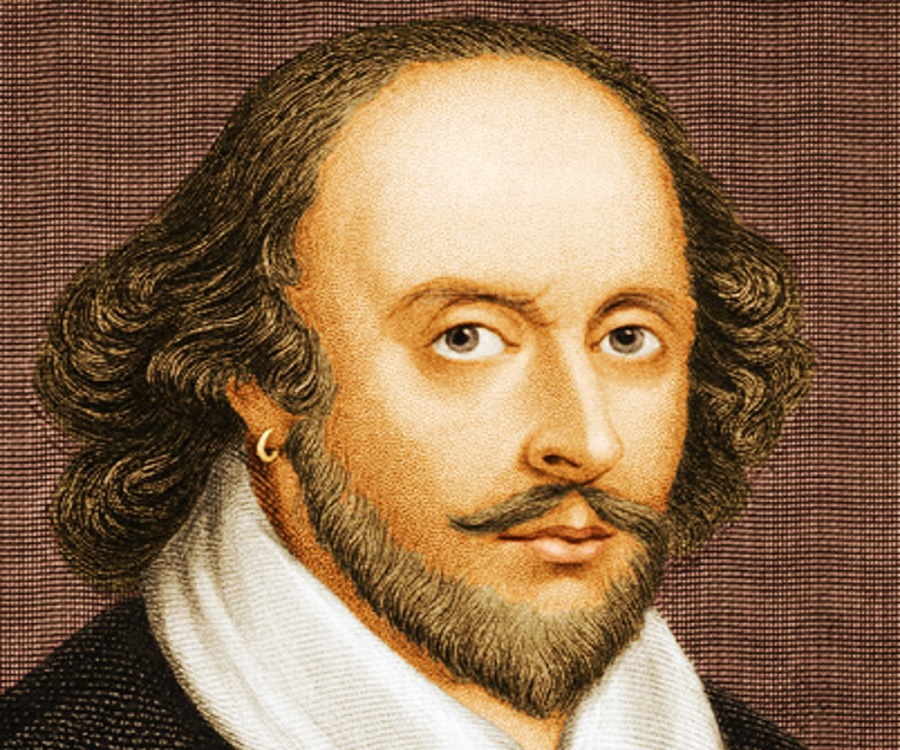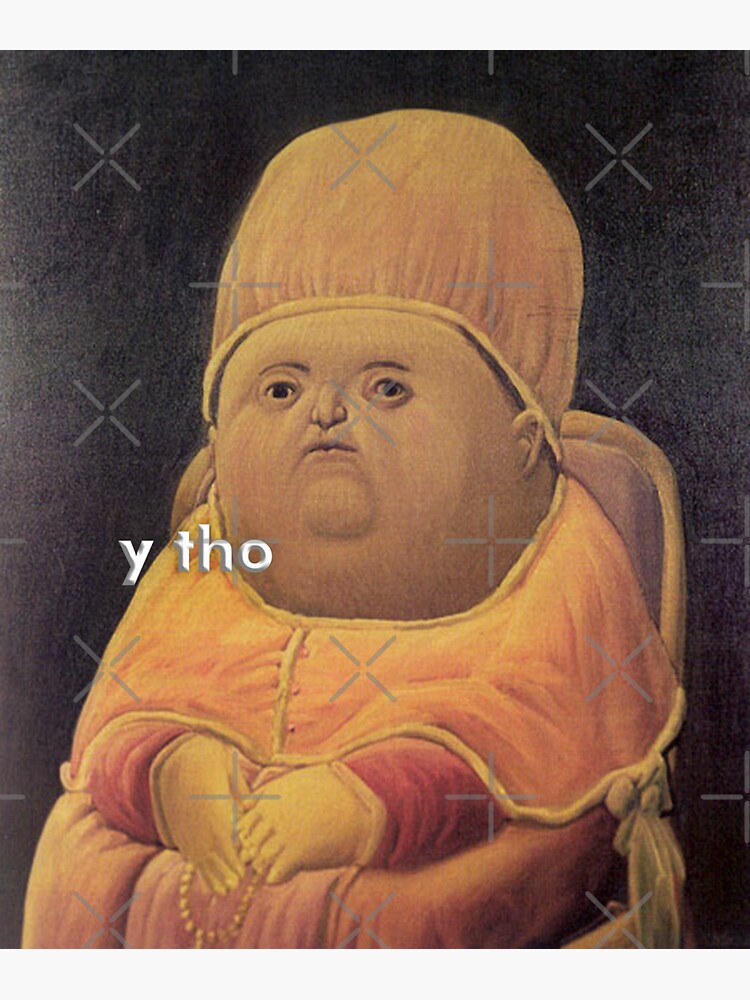Shakespeare’s Education: The Foundation of Literary Genius
The king’s new school: Shakespeare’s educational foundation
William Shakespeare probable attend the king’s new school in Stratford-upon-Avon, a grammar school that provide the educational framework for his later literary achievements. This institution, establish in the 13th century and reorganize during the reign of Edward vi, offer a rigorous curriculum that would deeply influence the future playwright’s work.
The school’s reputation for academic excellence make it accessible to the sons of prominent townspeople like john Shakespeare, William’s father, who serve as an alderman and bailiff of Stratford. This social position entitle William to free tuition at the grammar school, a privilege that would prove instrumental his intellectual development.
Classical curriculum and language studies
The educational system of Shakespeare’s era emphasize classical learning, with Latin serve as the cornerstone of academic instruction. Students begin their studies around age seven, progress through progressively complex grammatical and rhetorical exercises. The curriculum intemperately features works byRomann authors includeOvidd,Virgill,Horacee, andSenecaa, whose influences appear throughoutShakespearee’s dramatic works.
Latin grammar from the foundation of daily lessons, with students learn to parse sentences, memorize vocabulary, and construct their own compositions in the classical language. This intensive linguistic training develop the verbal dexterity and sophisticated wordplay that characterize Shakespeare’s writing style. The emphasis on rhetoric teach students to argue persuasively and construct compelling narratives, skills that would afterward manifest in the complex soliloquies and dramatic dialogues of his plays.
Greek studies, while less prominent than Latin, besides feature in the advanced curriculum. Students encounter works by homer, Aristotle, and other classical authors, gain exposure to different literary traditions and philosophical concepts. This multilingual education provide Shakespeare with a broad cultural foundation that enrich his creative output.
Religious and moral instruction
Religious education play a central role in Tudor era schooling, with students require attending daily prayers and study biblical texts. The curriculum include the book of common prayer, psalms, and various religious treatises that reinforce moral and ethical principles. This religious foundation appear throughout Shakespeare’s works, from the moral dilemmas in” hamlet ” o the themes of redemption in “” e tempest. ”
Students besides study the Geneva bible, which provide them with familiarity in biblical language and imagery that permeate Shakespeare’s writing. The rhythmic patterns and metaphorical richness of biblical prose influence his poetic style and contribute to the spiritual depth of his dramatic works.
Pedagogical methods and daily routine
The educational approach of Shakespeare’s grammar school emphasize memorization, recitation, and imitation of classical models. Students begin their day at six in the morning during summer months, attend classes six days a week with only brief breaks for meals. This intensive schedule develop discipline and intellectual stamina that serve Shakespeare throughout his career.
Teachers employ various pedagogical techniques to reinforce learning, include oral examinations, write exercises, and dramatic presentations. Students ofttimes perform scenes from classical plays, gain practical experience in theatrical presentation that would prove invaluable to Shakespeare’s later career as both playwright and actor.
The curriculum progress consistently through different levels of complexity. Younger students focus on basic grammar and simple translations, while advanced pupils engage in sophisticated rhetorical exercises, include the composition of original speeches and the analysis of literary techniques in classical texts.
Influence of classical authors
Ovid’s” metamorphoses ” eculiarly influence shShakespeare imagination, provide source material for numerous plays and poems. The themes of transformation, love, and mythology that permeate ovOvid work appear throughout shShakespeare canon, from “” midsummer night’s dream ” ” ” v” sVenusadoniAdonis
Seneca’s tragedies introduce Shakespeare to dramatic conventions that he’d afterward adapt and transform. The Roman playwright’s use of ghosts, revenge plots, and philosophical soliloquies provide models that Shakespeare refine in works like” hamlet ” nd “” cMacbeth theThefluence of senSenecanagedy is evident in the psychological complexity and moral ambiguity of shaShakespearemature dramatic works.
Virgil’s” aAeneid” ontribute to shShakespeare understanding of epic narrative and heroic characterization. The themes of destiny, leadership, and sacrifice that drive viVirgil epic appear in various forms throughout shShakespeare history plays and tragedies.
Limitations and gaps in formal education
Despite the solid foundation provide by grammar school education, Shakespeare’s formal learning have notable limitations. He probably did not attend university, unlike contemporaries such as Christopher Marlowe and Ben Jonson, who study at Cambridge and Oxford severally. This absence of higher education mean that Shakespeare lack exposure to advanced philosophical studies and contemporary scholarly debates.
The curriculum besides provide limited instruction in modern languages, focus principally on Latin and Greek. Shakespeare’s knowledge of French and Italian, evident in his plays, was potential to acquire through independent study and practical experience preferably than formal instruction.

Source: shakespeare.org.uk
Mathematical and scientific studies receive minimal attention in the grammar school curriculum, which may explain the occasional astronomical and mathematical errors in Shakespeare’s works. Notwithstanding, these limitations did not prevent him from incorporate contemporary scientific concepts and discoveries into his plays when dramatically appropriate.
Self direct learning and practical experience
Shakespeare’s education extend far beyond formal schooling through extensive self direct learning and practical experience. His works demonstrate familiarity with a vast range of subjects, include law, medicine, military affairs, and formal behavior, suggest continuous intellectual curiosity and learn throughout his life.
The playwright’s knowledge of legal terminology and procedures, evident in plays like” the merchant of vVenice” nd “” asure for measure, ” ” ential result from practical exposure to legal proceedings in straStratford londLondonte than formal legal training. Likewise, his understanding of court life and aristocratic behavior credibly develop through observation and interaction with noble patrons quite than personal experience of courtly education.
Shakespeare’s theatrical career provide ongoing educational opportunities through collaboration with other writers, actors, and scholars. The London theater scene expose him to diverse intellectual influences and contemporary ideas that enrich his creative work.
Impact on literary style and themes
The educational foundation Shakespeare receive deeply shape his literary style and thematic preoccupations. The emphasis on rhetoric and persuasive argument in grammar school curriculum contribute to the sophisticated verbal dueling and complex argumentation find throughout his plays. Characters like Portia, Beatrice, and hamlet demonstrate the kind of intellectual agility and verbal sophistication that reflect Shakespeare’s educational background.
The classical emphasis on moral philosophy and ethical reasoning appear in the complex moral dilemmas that drive many of Shakespeare’s plots. The influence of Aristotelian concepts of tragedy and comedy, encounter through grammar school studies, provide structural frameworks that Shakespeare both follow and innovate upon.
The multilingual foundation of his education contribute to Shakespeare’s extraordinary vocabulary and linguistic creativity. His ability to coin new words and phrases, evident in the thousands of terms he introduces to theEnglishh language, reflect the grammatical sophistication and linguistic flexibility develop through classical language study.

Source: thefamouspeople.com
Educational context of the Elizabethan era
Shakespeare’s educational experience must be understood within the broader context of Elizabethan educational reform and humanist philosophy. The grammar school curriculum reflect renaissance humanist ideals that emphasize the study of classical texts as a means of develop moral character and intellectual capability.
The protestant reformation had importantly influence educational content and methodology, with increase emphasis on biblical study and vernacular literacy alongside traditional classical learning. This religious transformation provide Shakespeare with exposure to both catholic and protestant theological concepts that appear throughout his works.
The expansion of educational opportunities during the Tudor period mean that Shakespeare belong to one of the first generations of English writers to benefit from systematic formal education. This educational privilege, combine with his natural talent and ambition, position him to take advantage of the cultural flowering of the Elizabethan era.
Comparison with contemporary writers
Shakespeare’s educational background differ importantly from that of his literary contemporaries. While Christopher Marlowe study at Cambridge and develop expertise in classical scholarship and contemporary philosophy, Shakespeare’s education remained ground in practical grammar school learning supplement by theatrical experience.
Ben Jonson, despite his more extensive classical learning, acknowledge Shakespeare’s natural talent and creative genius. The contrast between Jonson’s scholarly approach and Shakespeare’s more intuitive creativity reflect different educational paths and intellectual temperaments quite than superior or inferior learning.
Edmund Spenser’s university education at Cambridge provide him with philosophical and allegorical frameworks that appear throughout” the faerie qQueen “” ile shaShakespearemore practical education contribute to the psychological realism and dramatic immediacy of his theatrical works.
Legacy of Shakespeare’s educational experience
The educational foundation Shakespeare receive at the king’s new school provide him with the intellectual tools necessary for his extraordinary literary achievements. The combination of classical learning, rhetorical training, and moral instruction create a framework that support his creative genius without constrain his innovative spirit.
Shakespeare’s educational experience demonstrate the value of rigorous foundational learning combine with practical application and continuous self-improvement. His ability to transform classical sources and contemporary materials into timeless dramatic works reflect both the solid grounding provide by his formal education and his natural talent for creative synthesis.
The influence of Shakespeare’s education extend beyond his individual achievement to the broader development of English literature. His integration of classical learning with vernacular expression help establish English as a legitimate literary language capable of rival Latin and Greek in sophistication and artistic achievement.
MORE FROM nicoupon.com













